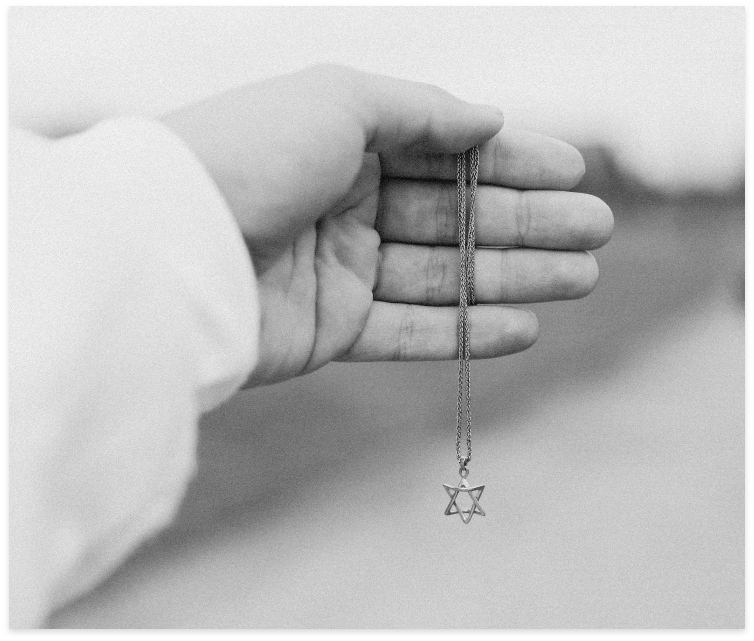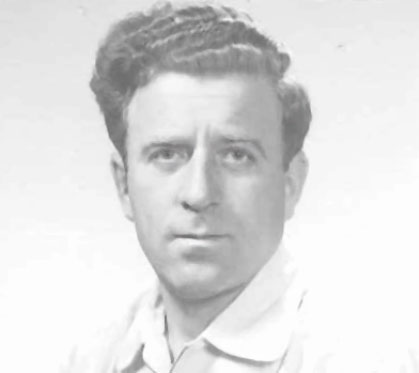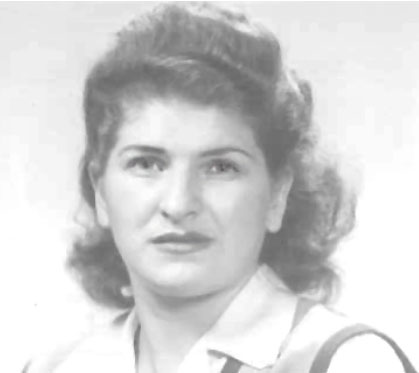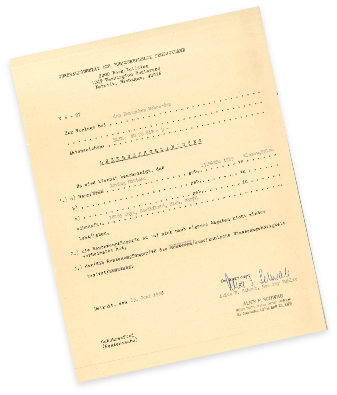
Creating An Understanding Of The Past To Protect The Future
A HISTORY THROUGH THE PEOPLE WHO SURVIVED
Among the 6 million people who were systematically killed as part of the Holocaust were two — a man and a woman whose vastly different experiences before and during WWII paint vivid pictures of what life was like for a Jewish individual as Hitler rose to and claimed power as one of history's most formidable dictators.
This one man and this one woman are just two verses to a very long song, but their stories and their survival shed an important light on the brutality of war, the unthinkable grievances of genocide and the hope that springs from knowing and building a life on the other side of it all.
It is easier to understand history through the people who lived it. That's why it's important to get to know Irving and Rosie.







